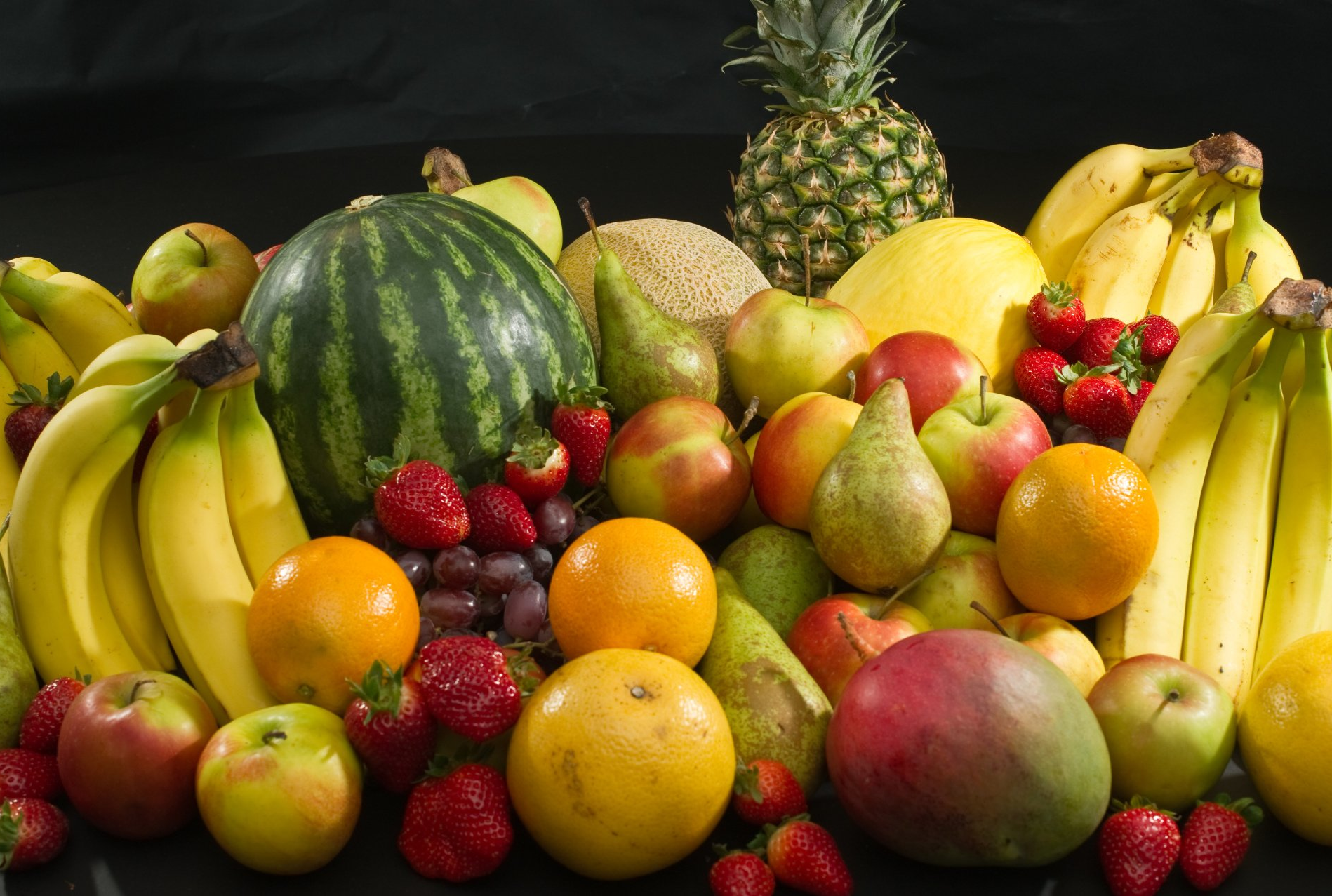Misconceptions About Kwanzaa: Should Afrikan People Celebrate Kwanaa Only Because it is Considered Trendy To Do So?
- By kwende ukaidi
- •
- 15 Dec, 2021
- •
Celebrating the Wonderful Observance of Kwanzaa

Afrikan culture has always necessarily
been rooted substance of Afrikan life. Culture is at the core of Afrikan living.
It is where the vital facets of values, language, tradition and so on are held
to empower Afrikan life’s fullest expression. Afrikan culture gives rise to
aesthetic expressions of superlative beautifulness. Yet, aesthetic expressions in
all their beautifulness are not the cultural core itself. It is rather like the
physical body whereby the vital organs functioning optimally give rise to a
‘glowing’ appearance and a demeanour representing well-being. Illustratively,
the vital organs can be likened to cultural and its functioning for wholesome
peoplehood. However the body may be externally adorned, vital organs are vital
for without them the body ceases to function. Afrikan culture then is far from
being an option to select because of a particular external or aesthetic trend.
According to a popular mainstream platform the word trendy is stated to mean:
“Very fashionable or up to date”.
By extension the same source defines fashionable as being:
“Characteristic of, influenced by, or representing a current popular style”.
With the interruption and disruption of the Maafa over recent centuries not only has Afrikan life and culture been destructively set upon, but also the meaning of culture and its vital core importance to Afrikan life has for many been skewed. Afrikan culture always is as the natural norm and rooted substance of Afrikan life. On the other hand, fashion trends can come and go and reflect a non-core aesthetic. In a state of interruption and disruption aesthetic trends can be the dictate of others that mean the Afrikan ill. Of course, where such aesthetic trends reflect Afrikan motif and style the outward expression can be a magnificently beautiful sight to behold. However, is it reflective of lived cultural core? Or, is it simply brought to the fore because it is considered the current popular style void of the cultural core. Thus, the wearing of beautiful Afrikan garments or accessories for instance (and highly recommended such items are for Afrikan people wherever and whenever possible) in a state of disruption does not automatically mean the core of cultured Afrikan living is present. Nor should Afrikan garments as a wonderful cultural expression (which indeed they are) be a substitute for the core of Afrikan cultured living. The dire and bogus implication were this to be considered true, is that if the garments or accessories are taken off then so too is Afrikan culture removed. Afrikan culture is not a fashion statement.
Magnificently, the wonderful cultural observance of Kwanzaa has been established to provide Afrikan souls throughout the world with an essential vehicle of cultural restoration and ascension. At the core of the Kwanzaa celebration are the Nguzo Saba (Seven Principles) - a value system accessible for all-year-round living. The Kwanzaa observance is an important part of Afrikan culture and as such is no fashion statement worthy only because of some prevailing thrust of trendiness or not. Kwanzaa empowers Afrikan life with its values, its use of the Kiswahili language, its rootedness in the tradition of the harvest and so on. This tremendous time of year is of vital core substance for the Afrikan world community.
A challenging yet apt question could be, Are Afrikan people up-to-date with the restoration and ascension of their own culture? Here, Kwanzaa provides Afrikan souls with affirmative and practical answers. A suggestion that Afrikan people should only celebrate Kwanaa because it is considered trendy to do so is a gross misconception.
Kwanzaa is one of the essential cultural observances of life within the Universal Royal Afrikan Nation. The Universal Royal Afrikan Nation (URAN) is an Afrikan-centred spiritual and cultural mission for ascendancy that embodies living spiritually and culturally rooted life. To find out more about URAN and its spiritual-cultural mission for liberty and nationhood click here. The exquisite URAN pendant can be obtained online by clicking here.
In his capacity as an Afrikan-centred spiritual cultural practitioner this author is available for further learning in this regard and also for the carrying out of ceremonies such as naming and name reclamation. For details please click here.
Afrikan World Studies programmes are an important forms of study in understanding the Afrikan experience. There are a range of subjects covered on these programmes including History, Creative Production, Psychology and Religion. To find out more about these learning programmes please click here. For the video promo for these learning programmes click here.
Also, in the approach to the important cultural observance of Kwanzaa, the text: From Pert-En-Min to Kwanzaa - A Kuumba (Creative) Restoration of Sacred First Fruits by this author is available to purchase online here. This publication provides informative detail on the of the Kwanzaa celebration. You can also visit the institution of Yemanja to pick up a copy.
At nominal cost, also consider acquisition of an a4 laminate poster of articulations by this author when visiting the Yemanja institution to enrol, consult, learn, gather or otherwise.
Also, visit www.u-ran.org for links to Afrikan liberation Love radio programme on Universal Royal Afrikan Radio online
